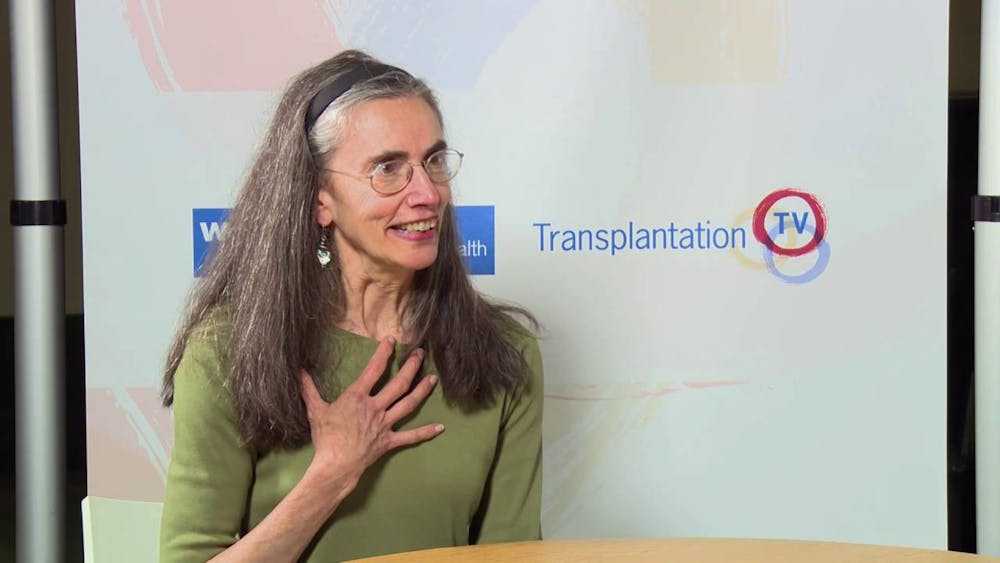Duke alumna, scientist and pediatric immunologist Mary Louise Markert has dedicated her career to developing a cure for a fatal pediatric immune disorder. After 30 years of research, the Food and Drug Administration approved the immunotherapy she helped develop Oct. 8.
The groundbreaking therapy is the only available treatment for pediatric congenital athymia patients. Congenital athymia is a fatal disease where patients are born without a functioning thymus, an essential organ where a type of immune cells develop. The immunotherapy involves culturing thymus tissue and implanting the tissue into babies with athymia.
While on call one day in 1991, she received a phone call from a doctor asking about treating a child with DiGeorge syndrome, a specific and severe type of congenital athymia.
She had been previously doing research on mice and gene therapy, but since that chance phone call, she wondered if thymus tissue could be cultured to develop a thymus, recalling earlier studies using immunotherapy for pediatric patients without the thymus gland.
“After getting off the phone, there were two people that I thought I should talk to: Rebecca Buckley [James Buren Sidbury distinguished professor of pediatrics], who is world renowned in treating children who were born with no immune system who have severe combined immune deficiency, and Barton Haynes [Frederic M. Haynes professor of medicine], who was studying the thymus,” Markert recalled.
With the help of such renowned and experienced scientists in the field, she began to pursue research in cultured thymus tissue implants (CTTI).
Since 1991, Markert and colleagues have done many clinical studies investigating the effectiveness of CTTI, and the results show the survival rate of patients enrolled in the study is significantly higher.
“Pediatricians in almost every specialty have contributed to the care of these babies with congenital athymia,” Markert said. She highlighted the team effort, which included Joanne Kurtzberg, Jerome S. Harris distinguished professor of pediatrics. Markert also collaborated with researchers from the Duke Pediatrics Division of Pediatric Transplant and Cellular Therapy (PTCT) and Divisions of Pediatric Allergy and Immunology.
“I have been so focused on this group of pediatric congenital athymia patients, and I’ve been very fortunate to be able to do that,” Markert said.
The drug was also developed with the help of Enzyvant Therapeutics.
Markert began her journey at Duke as a student in the M.D.-Ph.D. program, receiving her doctorate in microbiology in 1981 and medical degree in 1982. She completed fellowships in pediatrics and allergy & immunology in 1984 and 1987, respectively. Markert is currently a professor emeritus of pediatrics and a professor of immunology at Duke, as well as a member of the Duke Cancer Institute.
After seeing her research come to fruition, Markert retired Oct. 15. Her pioneering efforts in pediatric immunology will continue to help children and families many years into the future.
Get The Chronicle straight to your inbox
Sign up for our weekly newsletter. Cancel at any time.

